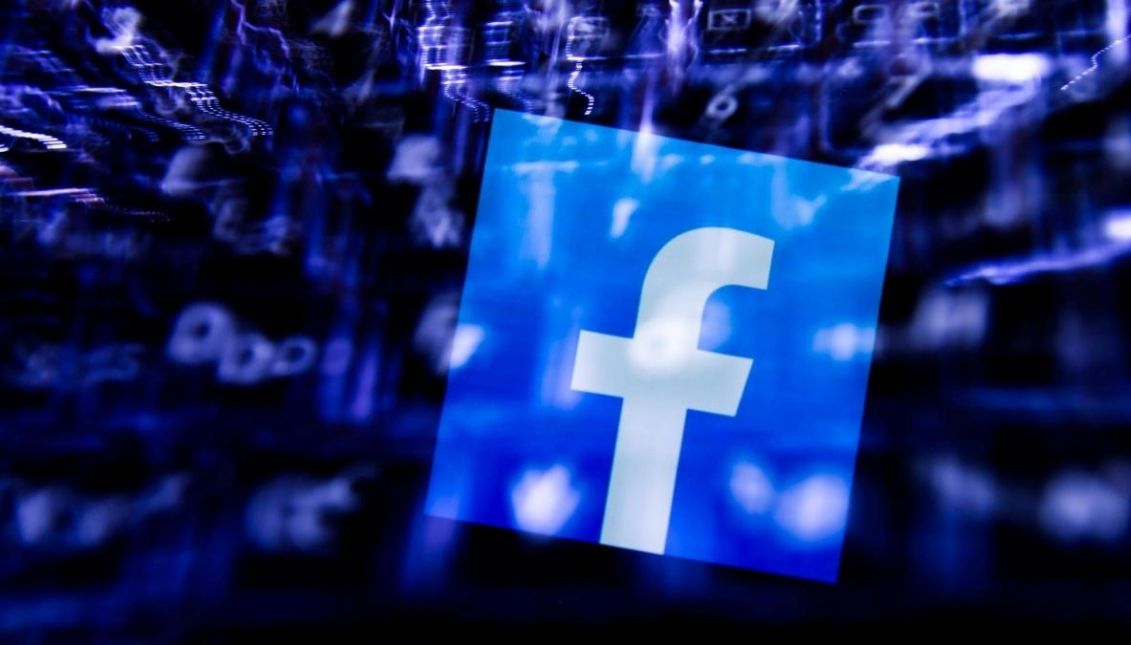At around 10 a.m. (Eastern time) a complete crash of Facebook was reported, resulting in a failure of the company's servers and directly affecting associated applications such as WhatsApp, Instagram, Messenger, Oculus and, of course, its main app, Facebook. The service was restored eight hours later.
The fall of the applications affected more than three billion users who use its messaging, photo, video and streaming services on a daily basis. Since users made evident the crash of Facebook and its affiliated applications, the only official statement released by the company was an apology and a message of encouragement assuring that engineers were working on the problem.
"We are aware that some people are having trouble accessing our applications and products. We are working to get everything back to normal as soon as possible and apologize for any inconvenience," Facebook said in a tweet an hour after the crash.
Brian Krebs, a cybersecurity reporter, said on Twitter that the problem may be a conflict between DNS records and Facebook's domains. According to Krebs, the failures that led to the Internet giant's downtime are based on the disappearance of BGP routes, a protocol that allows DNS records to propagate throughout the internet.
"We don't know why this change took place. It could well have been the result of an internal system change/upgrade gone wrong. It's all speculation at this point: (we can only know) that Facebook is the only one in control of its DNS records," Krebs said.
"This is epic," said Doug Madory, director of Internet analytics at Kentik Inc, a network monitoring and intelligence firm. The last major outage of the company's services occurred in June and lasted less than an hour.
What happened today generates a much larger impact on the billions of people who rely on the platforms and depend on their services to run businesses, connect with like-minded communities, connect to multiple other websites and even order food.
The New York Times reported that inside Facebook, workers were working in a rush to fix the problem, but that its internal systems also stopped working. The company's global security team "was notified of a system outage affecting all of Facebook's internal systems and tools," according to an internal memo sent to employees. Those tools included security systems, an internal calendar, and scheduling tools, the memo said.
Employees said they had problems making calls from work cell phones and receiving emails from people outside the company. Facebook's internal communication platform, Workplace, was also taken down, leaving many unable to do their jobs. Some turned to other platforms to communicate, such as LinkedIn and Zoom, as well as Discord chat rooms.
Some Facebook employees who had returned to work in the office were also unable to enter buildings and conference rooms because their digital credentials stopped working. Security engineers said they were unable to assess the outage because they could not access the server areas.
Millions in losses
Faced with the global meltdown, Facebook could have missed out on revenue of around $3.6 million every hour it was down.
In 2020, the company tallied $32 billion in pure revenue, about $87.6 million a day for 365 days a year.












LEAVE A COMMENT: